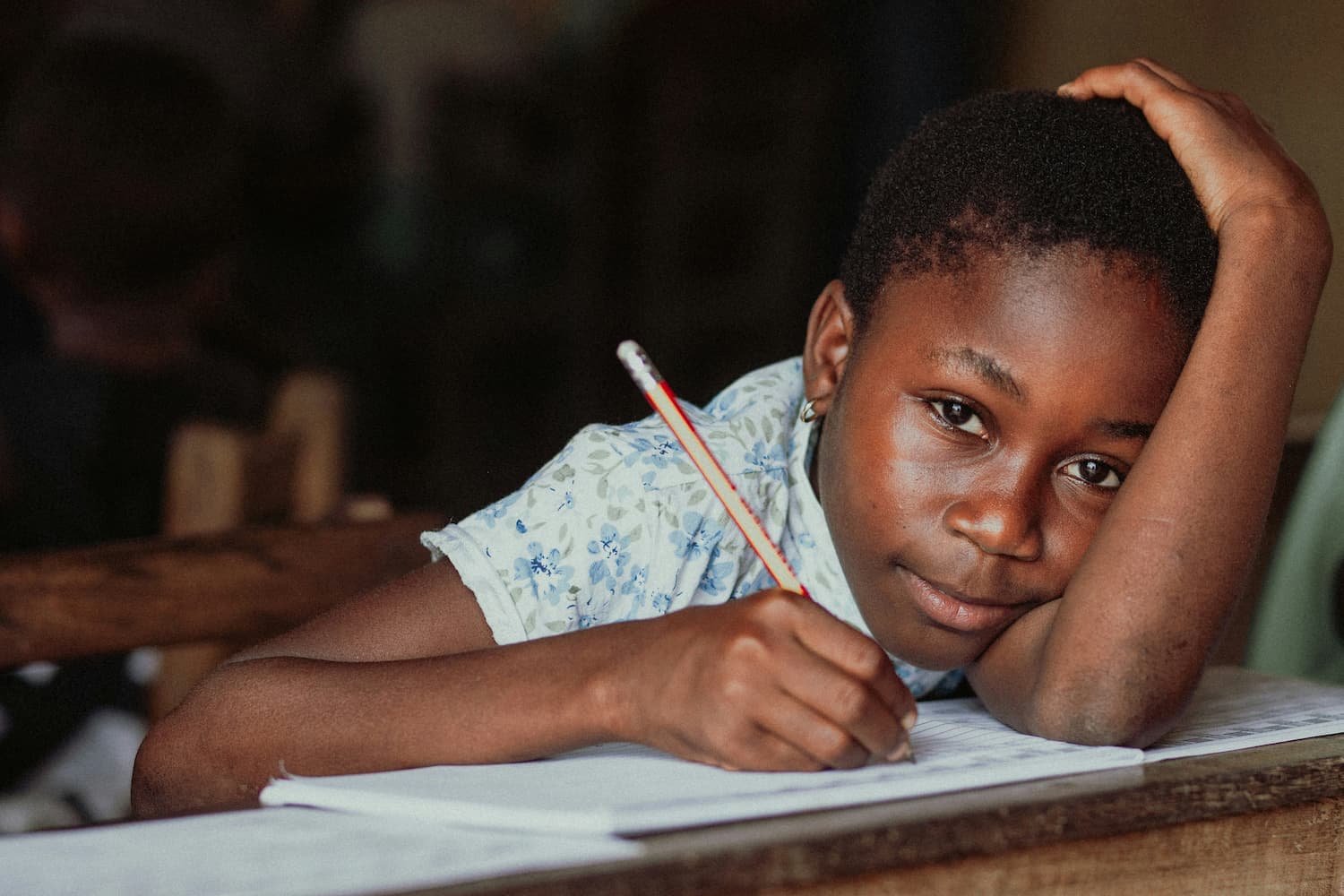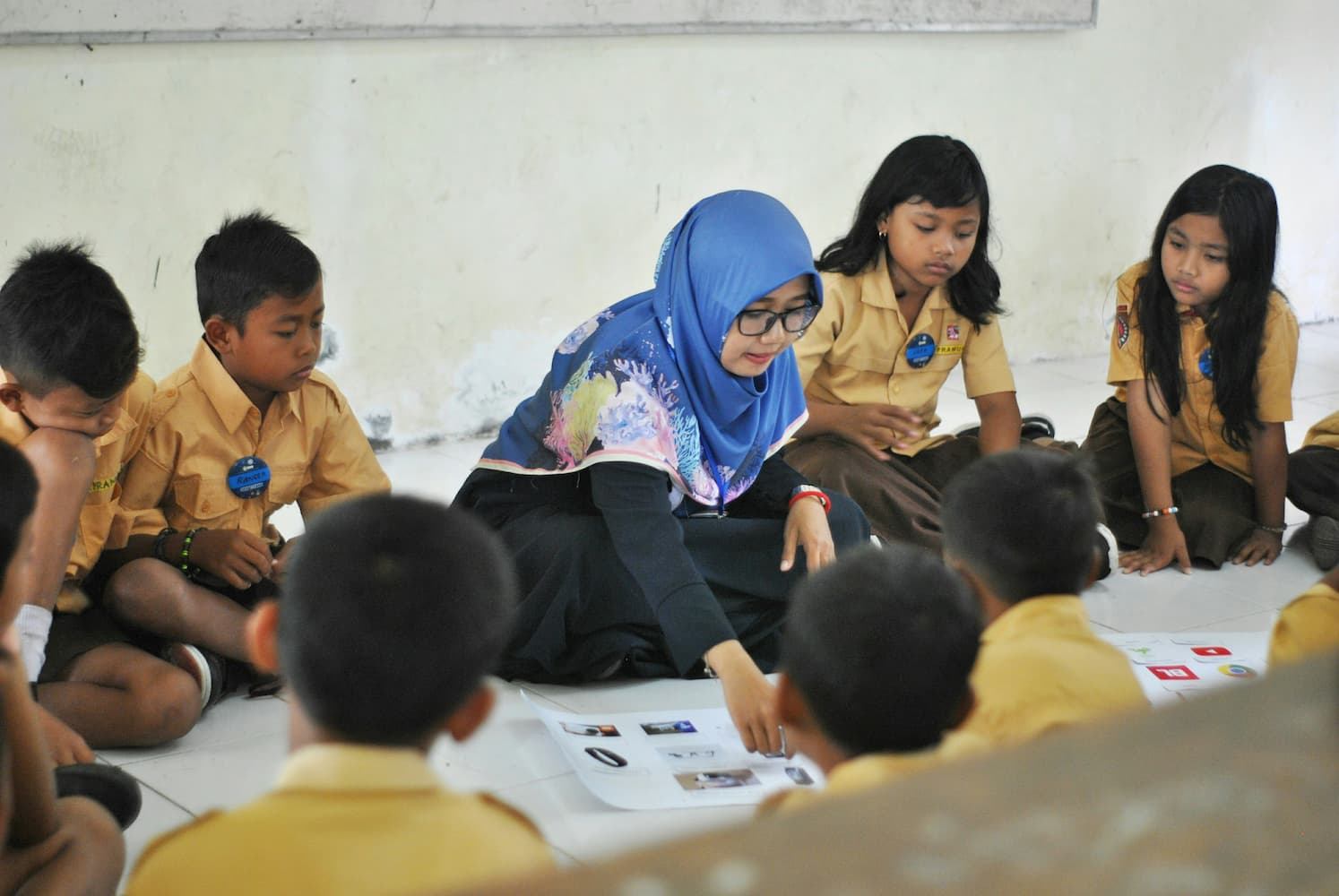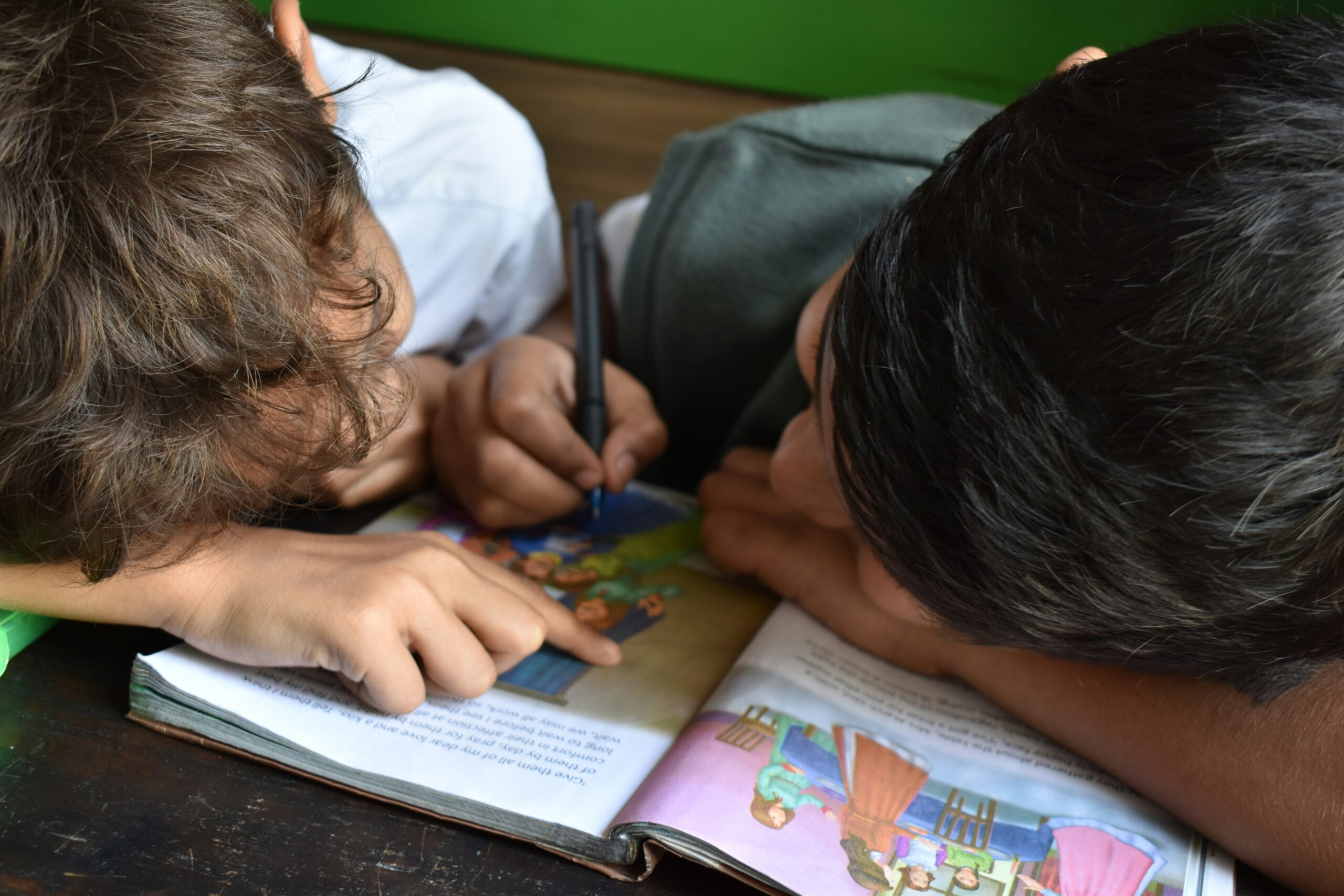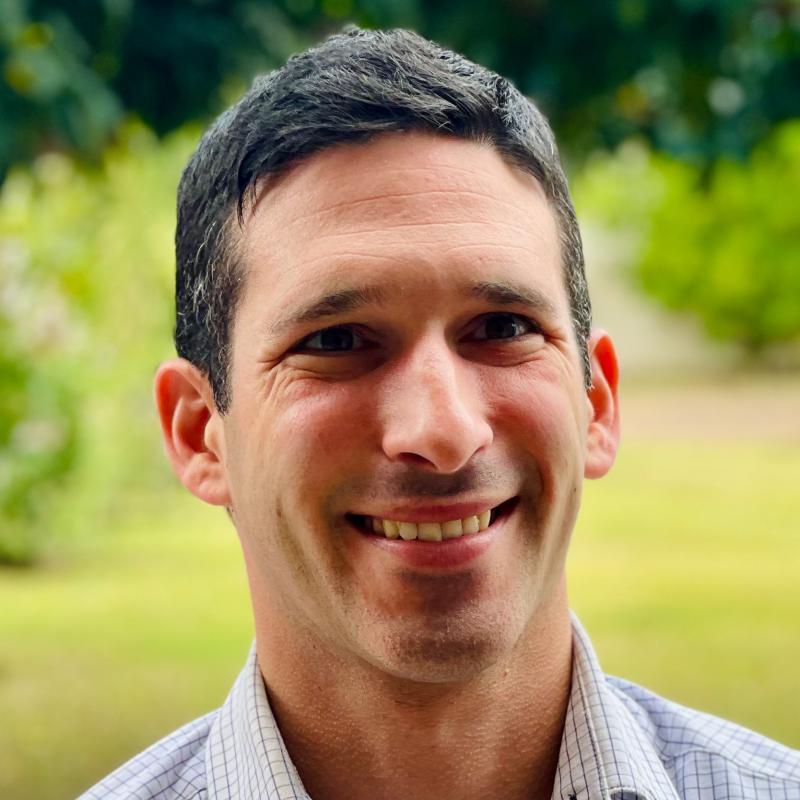Working paper
How to improve education outcomes most efficiently?
Noam Angrist, David K Evans, Deon Filmer, Rachel Glennerster, Halsey Rogers, Shwetlena Sabarwal
Abstract
Many low- and middle-income countries lag far behind high-income countries in educational access and student learning. Policymakers must make tough choices about which investments to make to improve education with limited resources. Although hundreds of education interventions have been rigorously evaluated, comparing their impacts is challenging.
This paper provides the most recent and comprehensive review of the literature on effective education programs, with a novel emphasis on cost-effectiveness, covering the effectiveness and cost-effectiveness of interventions from over 200 impact evaluations across 52 countries. The analysis uses a unified measure – learning-adjusted years of schooling (LAYS) – that combines access and quality and compares gains to an absolute, cross-country standard. The results identify programs and policies that can be orders of magnitude more cost-effective than business-as-usual approaches, enabling policymakers to improve education outcomes substantially more efficiently.
Angrist, N., Evans, D., Filmer, D., Glennerster, R., Rogers, H., and Sabarwal, S. 2023. How to improve education outcomes most efficiently? What Works Hub for Global Education Working Paper Series. 2023/002. https://doi.org/10.35489/BSG-WhatWorksHubforGlobalEducation-WP_2023/002
Discover more

What we do
Our work will directly affect up to 3 million children, and reach up to 17 million more through its influence.

Who we are
A group of strategic partners, consortium partners, researchers, policymakers, practitioners and professionals working together.

Get involved
Share our goal of literacy, numeracy and other key skills for all children? Follow us, work with us or join us at an event.


